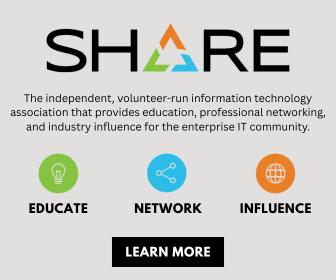At Planet Mainframe, September is the month that we pay special attention to two critical pillars of modern mainframe operations — observability and resiliency.
Observability goes beyond traditional monitoring by providing deep insights into applications, infrastructure, and dependencies in real time. Resiliency ensures that systems can withstand failures, adapt to unexpected conditions, and maintain continuity of service. Together, these capabilities help mainframe environments remain robust, secure, and able to support everything from transaction processing to regulatory compliance in industries where downtime and data loss are not an option.
Take our quiz and see how well you know the topic!









0 Comments